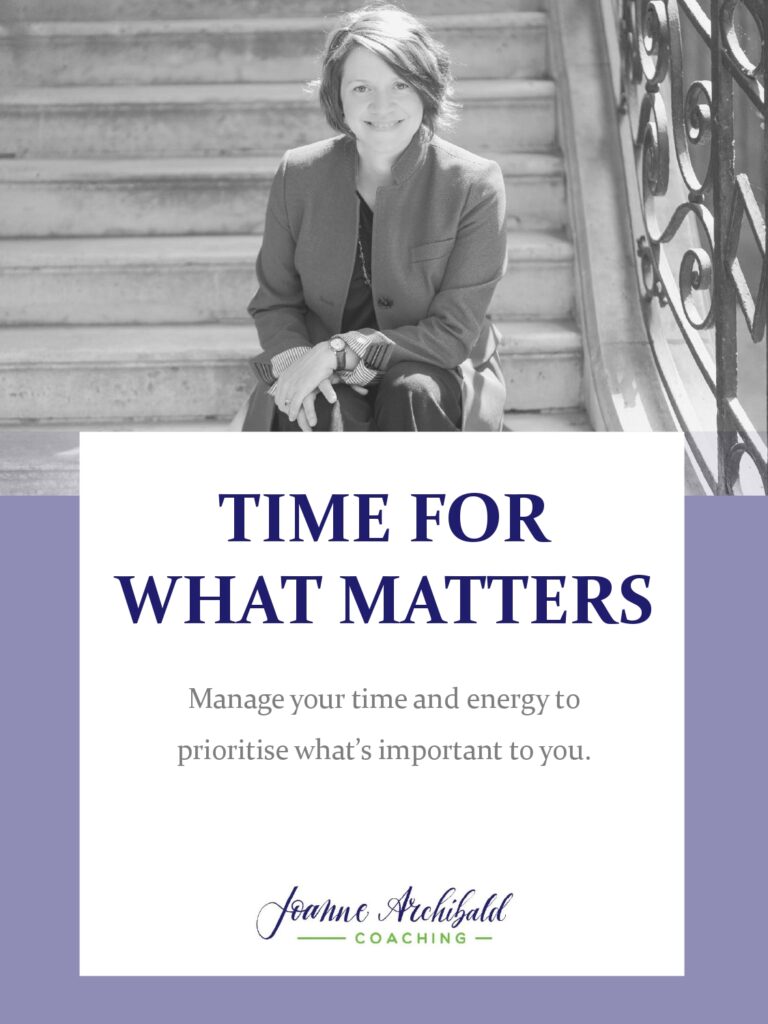This summer, I found myself in the unenviable position of having to undergo minor dental surgery. Minor but significant, since I loathe going to the dentist. But this little operation was necessary, so I gritted my teeth, so to speak, and did it. But it did not go well. Complications left me in terrible pain for three weeks until a new dentist diagnosed the issue and fixed it.
Quite literally overnight, I went from lying on the sofa with an icepack on my face, unable to eat, talk or even focus on a TV show to experiencing slight discomfort. When I woke up, I laid there waiting for the searing pain to kick in, as it had every other morning. But it never came. So I did what any normal person would do. I burst into tears. I cried and cried with relief, joy, and thanks. Which brings me to the subject at hand. I admit that dental surgery does not seem like an auspicious start to musings on gratitude, but bear with me; I assure you there is a point to this story.
Gratitude: not just an attitude
The idea that gratitude can have a significant impact on wellbeing and a positive effect on our lives is not new; academics like Robert Emmons have been researching its potential for decades and the internet has long held a wealth of inspirational cards encouraging us to adopt “an attitude of gratitude”. However, in recent years, researchers and writers like Sonja Lyubomirsky have added a nuance by championing the idea that gratitude can be a practice – not just something we feel, but something we actively choose to practice day to day, for example by keeping a gratitude journal or writing weekly thank you letters to people who have made an impact on our lives.
A common thread to the vast majority of the literature and thinking on gratitude is that we should stop focusing on all the things we do not have and instead be more aware of and grateful for all that we do have. That we should concentrate on enjoying what is, rather than bemoaning what is not – and wishing things were different seems to me both wise and pretty much indisputably helpful advice. However, today I would like to – perhaps controversially – suggest we do quite the opposite. Yes, I would like to make a case for taking a moment each day to think about everything we do not have.
To have and have not
If there is one thing my painful little dental interlude taught me, it is how often we fail to appreciate the trials and tribulations we are not suffering. In the hours before I had my surgery, I happily ate a delicious crêperie lunch and browsed a stationery shop (there is not greater joy). It never occurred to me to be happy, grateful even, that in that moment I did not have any pain, that I did not feel nauseated or tired or scared.
In this, I am reminded of a nugget of wisdom I heard once: if we could all put our problems in a big pile and see everyone else’s alongside our own, chances are we’d all scramble to take back our concerns and issues rather than swapping with others. Because giving thanks for what is not extends beyond just not being in pain, or not being sick. Apart from when we hear of an awful tragedy and offer up a quick (but quickly forgotten) “there but for the grace of God”, how often do we really stop to consider all the problems we do not have to handle? It is not until a problem occurs that I think about – and yearn for – the time before the issue was on my plate.
Looking for what’s not there
So, in addition to giving thanks for – indeed perhaps developing a gratitude practice around – all the things you have, and the way your life is, why not take a moment to acknowledge what you don’t have? With certain items on that list, it’s about recognising privilege; with others it’s simply about appreciating the absence of a problem. The list can include the biggest things like freedom from major illness (a blessing we take for granted until it’s no longer true) to the most trivial.
I’ll start. Right now, I have zero back pain – this is not always the case, so I am grateful. I don’t have any problems to deal with regarding my children’s academic progress, nor are they having trouble making friends. My house doesn’t have a leak or anything major that needs to be fixed. I don’t have a broken washing machine. Finally – and for this I’m still offering up daily thanks – I do not have a toothache!
When you start looking around to notice the problems you don’t have, you’ll find there’s even more to be grateful for than you thought. This little shift in perspective can provide a way to turn a seemingly ordinary day into a day full of uplifting gratitude for just that – its ordinariness, its lack of drama, emergency and issues to resolve. Gratitude for what is not. Give it a go.
Do you find it hard to see the good in your life – or in yourself? Are you tired of feeling disappointed, stressed and frustrated? Working with a compassionate and experienced coach can help you to find the joy in what is while taking steps towards changing he parts of your life that could be more fulfilling. You can benefit from my energy, insights and dedication to supporting my clients as they clear obstacles and chart a path to success, happiness and peace. Contact me to find out more about working together.
No related posts.




